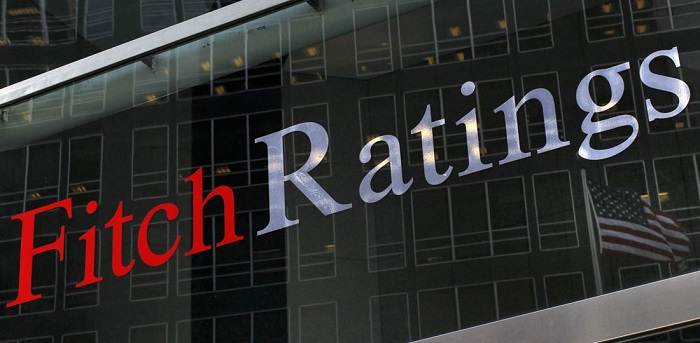
Fitch Ratings has downgraded Sri Lanka’s Long-Term Local-Currency (LTLFC) Issuer Default Rating (IDR) to ‘RD’ (Restricted Default) from ‘C’.
The Ratings Agency said the ratings on its local-currency bonds tendered in the domestic debt exchange have been downgraded to ‘D’ from ‘C’.
Sri Lanka’s other four local-currency bonds not tendered in the domestic debt exchange have been affirmed at ‘C’.
The Long-Term Foreign-Currency (LTFC) IDR has been affirmed at ‘RD’, and the ratings on Sri Lanka’s foreign-currency bonds have been affirmed at ‘D’.
All issue ratings have subsequently been withdrawn. Fitch typically does not assign Outlooks to sovereigns with a rating of ‘CCC+’ or below.
Fitch has withdrawn the issue ratings of Sri Lanka’s foreign and local-currency bonds as these are no longer considered to be relevant to the agency’s coverage.
A full list of rating actions is detailed below;
KEY RATING DRIVERS
Distressed Debt Exchange: The downgrade of Sri Lanka’s LTLC IDR reflects the partial completion of an exchange of Sri Lanka’s T-bonds on 14 September as part of a broader domestic debt optimisation (DDO) launched in July 2023. The DDO also includes conversion of T-bills held by the Central Bank of Sri Lanka (CBSL) into treasury bonds (T-bonds), which has not yet been completed.
In Fitch’s view, the exchange of T-bonds constitutes a distressed debt exchange (DDE) under the agency’s criteria, given that the maturity extension of the tendered bonds represents a material reduction in terms versus the original contractual terms, and given that the exchange is needed to avoid a traditional payment default.
Reduction in Terms: Eligible bonds for which tenders were received and accepted have been exchanged into 12 new instruments of equal size and the same aggregate principal amount, maturing between 2027 and 2038. Accepted tenders reached about 37% of the outstanding principal amount of eligible bonds outstanding as of 28 June 2023. Accepted tenders were predominantly by superannuation funds, which will face higher tax rates on income from T-bonds if they did not meet a participation threshold.
Local-Currency Debt Service Continuing: Fitch believes that Sri Lanka has continued to service the T-bonds throughout the DDO process, and that T-bonds not tendered in the exchange will continue to be serviced as per their original terms, including but not limited to the entirety of the 12 series of T-bonds (out of 61 eligible series) for which no valid tenders were received. Four of these 12 series were rated by Fitch and were affirmed at ‘C’ prior to withdrawal.
Local-Currency Restructuring Incomplete: Under Fitch’s rating criteria, the LTLC IDR will remain in ‘RD’ until the debt exchange is completed in its entirety. Fitch deems the process incomplete, as the exchange of T-bills held by CBSL is still pending. Fitch regards the T-bills as public debt securities, and they are also held by private investors.
Foreign-Currency IDR in Default: The sovereign remains in default on foreign-currency obligations and has initiated a debt restructuring with official and private external creditors. The Ministry of Finance had issued a statement on 12 April 2022 that it had suspended normal debt servicing of several categories of external debt, including bonds issued in international capital markets, foreign currency-denominated loans and credit facilities with commercial banks and institutional lenders.
ESG – Governance: Sri Lanka has an ESG Relevance Score of ‘5’ for Political Stability and Rights as well as for the Rule of Law, Institutional and Regulatory Quality and Control of Corruption. These scores reflect the high weight that the World Bank Governance Indicators (WBGI) have in our proprietary Sovereign Rating Model (SRM). Sri Lanka has a medium WBGI ranking in the 45th percentile, reflecting a recent record of peaceful political transitions, a moderate level of rights for participation in the political process, moderate institutional capacity, established rule of law and a moderate level of corruption.
ESG – Creditor Rights: Sri Lanka has an ESG Relevance Score of ‘5’ for Creditor Rights, as willingness to service and repay debt is highly relevant to the rating and is a key rating driver with a high weight. The affirmation of Sri Lanka’s LTFC IDR at ‘RD’ and downgrade of LTLC IDR to ‘RD’ reflect a default event. (NewsWire)
